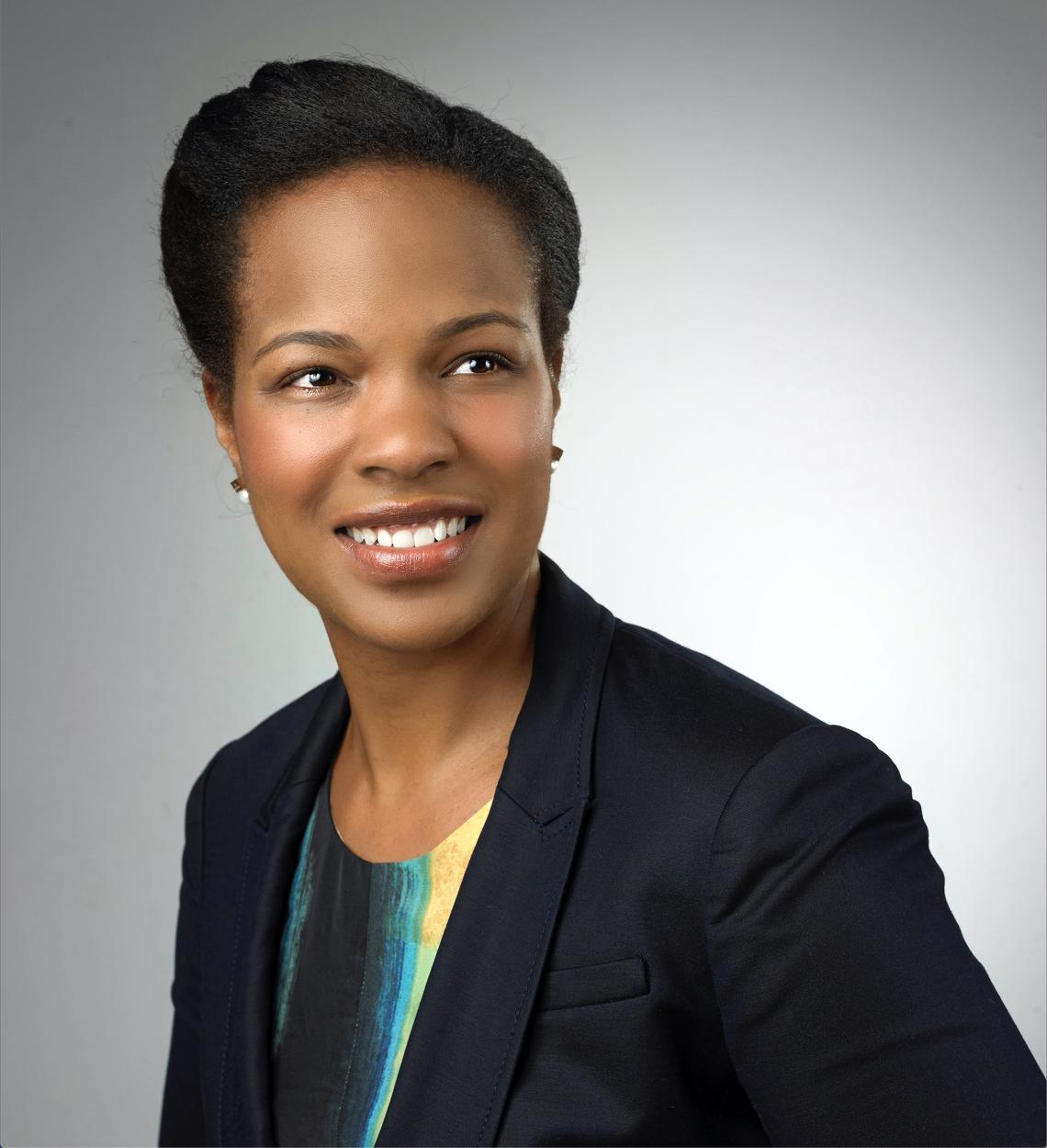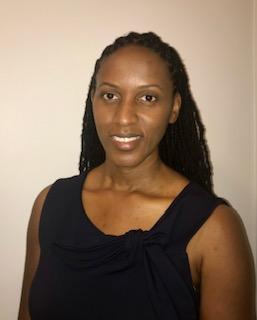Feb. 6, 2020
Event explores the ignored, diminished experiences of Black women in Canada

Until she came to Canada Dr. Régine Uwibereyeho King, PhD, was called many things. A Tutsi, a student, then a researcher who worked on impactful social issues, including the social processes of healing, forgiveness and reconciliation. She’s now called professor at the University of Calgary Faculty of Social Work.
But until she came to Canada she was never called “Black.”
“I have experienced not just simple racism,” says Uwibereyeho King, shown above, “but anti-Black racism in its different forms. I have been told my maiden name will never be pronounced right, that my accent was exotic, and yet too thick or too soft to understand, or that I am unrecognizable when I change my hair.
“I have been ignored to the point that people would speak about me and for me as if I am not even there. The invisibility tends to follow my body. Don’t be mistaken in thinking that I am now ‘visible’ in the ivory Mackimmie Tower. I am often perceived as a student, even when I am teaching a class or when I welcome people into my office, with my very name on its door.”
Event celebrates contribution of Black women
These types of issues led Uwibereyeho King and campus and community organizers of a Feb. 14 Black History Month event (Dining Centre, Blue room, noon to 2 p.m.) to centre their panel discussion on Black women’s voices and experiences.
“I live it [racism] in my experience almost daily at work and in my volunteering capacity,” confirms Monique Minvielle, one of the Feb. 14 panellists. “I feel like I need to shout to be heard. Or I find myself stating a fact and having it fall on deaf ears only to be repeated by someone else a couple hours later and finally heard.”

Monique Minvielle
Faculty of Social Work
Minivielle is a born-and-raised Calgarian who has travelled the world, completing her MA at the University of Edinburgh and her MBA at UCalgary. She is currently a Southern Alberta intelligence analyst for the RCMP and a volunteer board member with the Folk Festival.
The challenge for Albertans
When discussing racism people are often quick to deny its existence in Alberta, or to diminish its prevalence with equivocating statements like, “At least it’s not as bad as in the U.S.” The panellists say that attitude won’t lead to progress.
“It can be highly problematic when people say they don’t see colour and believe that everyone is treated the same,” says Patrina Duhaney. Duhaney, another of the Feb. 14 panellists, is also a social work professor whose research focuses on the overlap between Black women’s victimization and criminalization.

Patrina Duhaney
Faculty of Social Work
She adds, “These beliefs [the notion of colour-blind discourse] make it difficult to understand the various manifestations of racism that reproduce and reinforce inequities in society. Consequently, eradicating racism becomes extremely difficult.”
“After more than 19 years in this country, I am still perplexed of whether I will ever reach a time when I can simply belong,” says Uwibereyeho King. “So, don’t be mistaken that anti-Black racism is not a Canadian thing. At least in our times we can talk about Blackness, anti-Black racism, and the like. We can name the experience. I am not sure Black people and Black women who lived in this country decades ago could do that.
"This doesn’t mean that they did not resist. Many died for it, others made the inroads to stand strong. It is on their shoulders that we stand when we celebrate the Black History Month.”
About the celebration and community discussion
Duhaney, Minvielle, and Uwibereyeho King will be joined by Lemlem Haile, who was born in Eritrea and has more than 20 years’ experience as a social worker. Haile has been active around many issues including the women’s shelter movement, social housing, and community development. The celebration will also include poetry by Black women from the university and larger community and drumming by Circles of Rhythm.
This event is supported by the Faculty of Social Work, the Office of the Provost and Vice President (Academic), the Office of Diversity, Equity and Protected Disclosure, the Women’s Resource Centre, Alberta Men’s Network, and Circles of Rhythm. While the event is free, tickets are limited, and it’s expected the event will fill quickly. You can get your tickets through Eventbrite.



